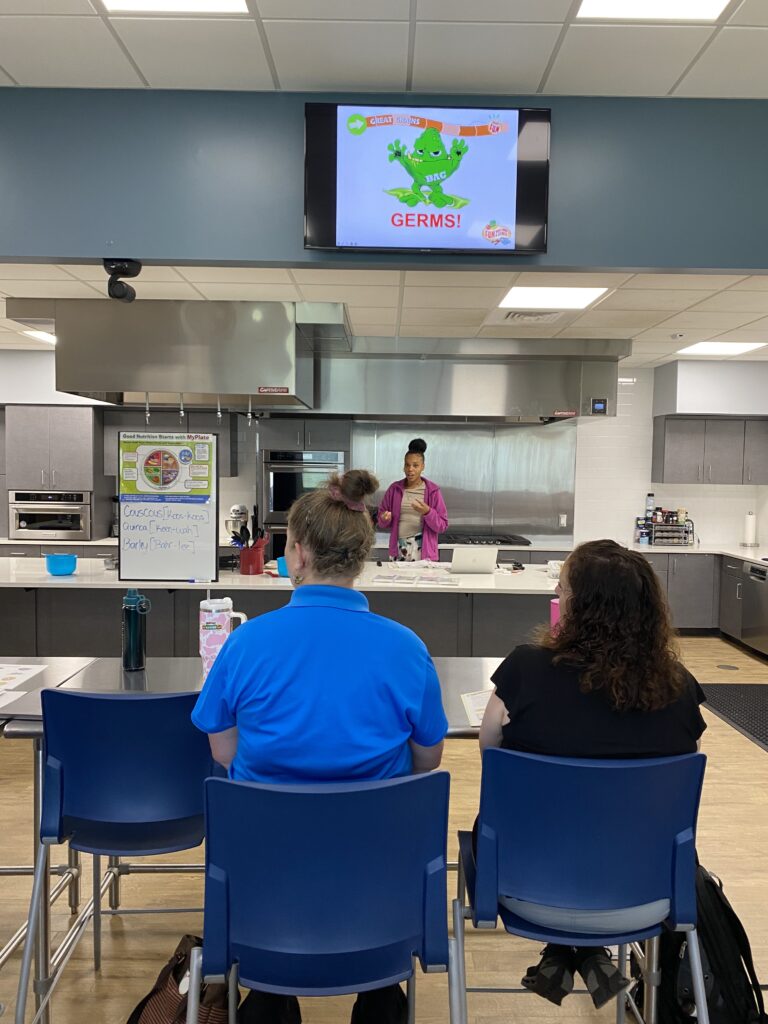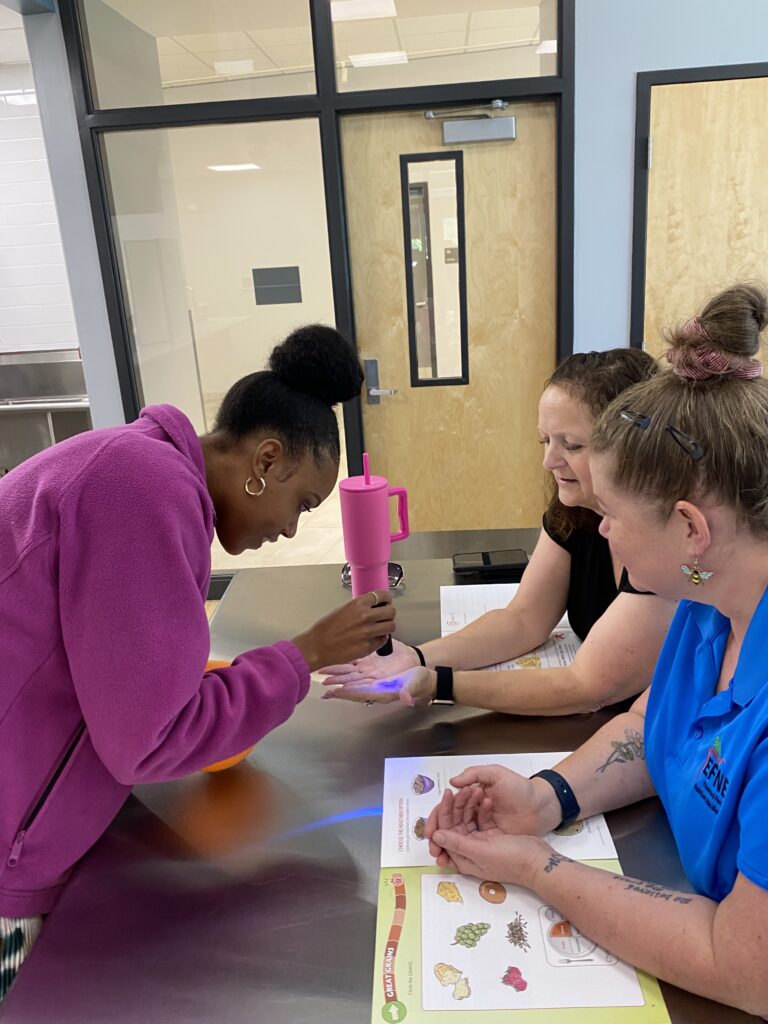Practice Makes Perfect!
go.ncsu.edu/readext?1092108
en Español / em Português
El inglés es el idioma de control de esta página. En la medida en que haya algún conflicto entre la traducción al inglés y la traducción, el inglés prevalece.
Al hacer clic en el enlace de traducción se activa un servicio de traducción gratuito para convertir la página al español. Al igual que con cualquier traducción por Internet, la conversión no es sensible al contexto y puede que no traduzca el texto en su significado original. NC State Extension no garantiza la exactitud del texto traducido. Por favor, tenga en cuenta que algunas aplicaciones y/o servicios pueden no funcionar como se espera cuando se traducen.
Português
Inglês é o idioma de controle desta página. Na medida que haja algum conflito entre o texto original em Inglês e a tradução, o Inglês prevalece.
Ao clicar no link de tradução, um serviço gratuito de tradução será ativado para converter a página para o Português. Como em qualquer tradução pela internet, a conversão não é sensivel ao contexto e pode não ocorrer a tradução para o significado orginal. O serviço de Extensão da Carolina do Norte (NC State Extension) não garante a exatidão do texto traduzido. Por favor, observe que algumas funções ou serviços podem não funcionar como esperado após a tradução.
English
English is the controlling language of this page. To the extent there is any conflict between the English text and the translation, English controls.
Clicking on the translation link activates a free translation service to convert the page to Spanish. As with any Internet translation, the conversion is not context-sensitive and may not translate the text to its original meaning. NC State Extension does not guarantee the accuracy of the translated text. Please note that some applications and/or services may not function as expected when translated.
Collapse ▲Teach-backs are an important part of training for new EFNEP educators. They provide a safe, controlled environment where educators can practice and refine teaching skills. Serving as a “dress rehearsal,” these sessions help new educators build confidence and competency with the curriculum before they begin teaching in the community. The low-stakes environment of a teach-back also allows educators to receive constructive feedback from peers content supervisors. This is a great way for educators to identify their strengths and pinpoint areas for improvement. During these sessions, educators get hands-on practice explaining curriculum concepts, preparing food samples, and using teaching tools.

Recently, Bertie County EFNEP Educator Keilah Howard put these skills into practice with a teach-back of the first-grade “Show Me Nutrition” curriculum. On August 28th, she presented the Great Grains lesson to a “class” of fellow EFNEP educators and regional content supervisors. As part of the lesson Keilah led an activity where she demonstrated how pretend germs can quickly spread to others. She then used a black light to reveal the invisible germs on the hands of participants.

This was a memorable and effective way to reinforce the curriculum’s concepts. Keilah’s successful teach-back is a clear example of how this training process prepares educators to deliver engaging and impactful lessons in the community.
-Jackie Sugg, Regional Nutrition Extension Associate


